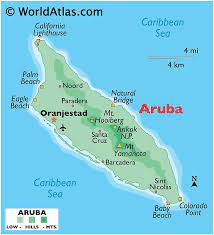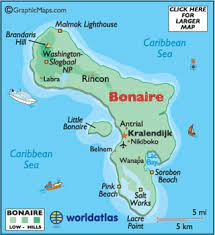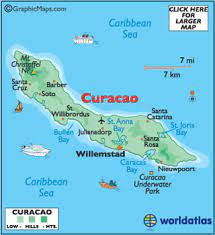The birth of a Nation
Independence Day, commonly known as the Fourth of July, is a cherished national holiday in the United States, commemorating the adoption of the Declaration of Independence on July 4, 1776. This pivotal moment in history marked the birth of a new nation, free from British rule, and has since been celebrated with fervor and patriotism across the country. The day is not only a celebration of historical significance but also a reflection of American values and identity.
The journey to independence was fraught with challenges and sacrifices. The American colonies, frustrated by oppressive British policies and taxation without representation, sought to assert their right to self-governance. Tensions culminated in the outbreak of the American Revolutionary War in 1775. Amidst the turmoil, the Continental Congress convened, and on July 2, 1776, they voted in favor of independence. Two days later, the Declaration of Independence, primarily authored by Thomas Jefferson, was formally adopted, articulating the colonies’ grievances against King George III and their unalienable rights to life, liberty, and the pursuit of happiness.

A symbol of National Pride
The Fourth of July quickly became a symbol of national pride and unity. Early celebrations included public readings of the Declaration, parades, and festivities. Over the years, the holiday evolved, incorporating fireworks, concerts, barbecues, and family gatherings. The tradition of fireworks symbolizes the “rockets’ red glare” and “bombs bursting in air” referenced in “The Star-Spangled Banner,” evoking the struggle for independence and the enduring spirit of freedom.

Independence Day is also a time to reflect on the nation’s founding principles and the ongoing pursuit of a more perfect union. It serves as a reminder of the democratic ideals enshrined in the Declaration and the Constitution, inspiring civic engagement and a commitment to protecting individual freedoms. The holiday underscores the importance of unity in diversity, as people from various backgrounds come together to celebrate their shared identity as Americans.
Patriotism and Diverse Traditions
Moreover, the Fourth of July has grown to represent not just political independence but also cultural independence. It is a celebration of American culture, from the diverse culinary traditions enjoyed at barbecues to the vibrant displays of patriotism in parades and festivals. The day fosters a sense of community and belonging, as people gather with family, friends, and neighbors to honor their country’s heritage.

An ongoing journey toward Liberty and Justice for All
In essence, Independence Day is more than just a historical milestone; it is a living testament to the resilience, courage, and spirit of the American people. It is a celebration of freedom, a tribute to the past, and a pledge to uphold the values that define the United States. As fireworks light up the sky each year, they serve as a powerful reminder of the enduring legacy of July 4, 1776, and the ongoing journey toward liberty and justice for all.












